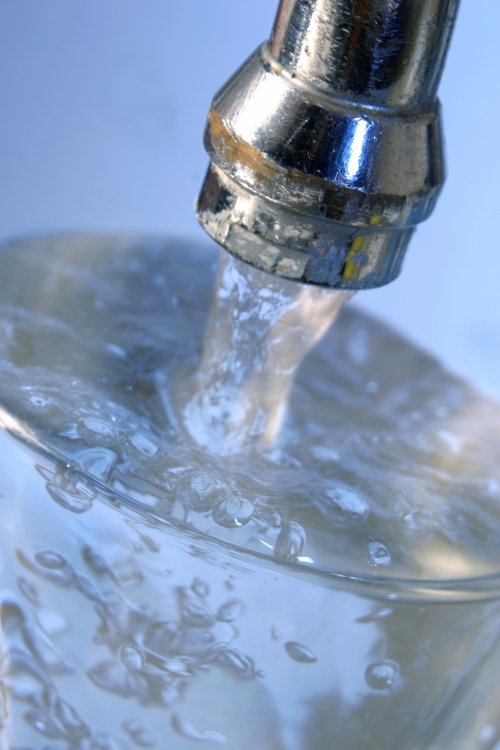(Courtesy of Bank of America)
Water and sewage problems can be costly and inconvenient to repair. That’s why proper maintenance to prevent problems is so important. Here are some tips you may want to consider:
Plumbing
- Periodically check the main water supply and fixture shutoff valves to ensure they are not stuck in the open position. Both these valves must be operable so water can be turned off in an emergency or when plumbing repairs are necessary.
- Annually inspect distribution and drainage pipes for leakage or signs of weakness. Look for rust, corrosion, greenish deposits and mineral deposits around fittings, valves, fixtures and along the length of the pipe. (Note: Water from small holes can evaporate before a drip forms, leaving only a telltale whitish or colored deposit.)
- Repair leaking faucets as needed. If faucet is a washer-type, replace washer and check washer seat for roughening; smooth if needed. If faucet does not have a washer, consult an installation manual or your local plumbing or hardware store for replacement procedures.
- In the fall, remove garden hoses from all outside faucets to prevent the valves from freezing and bursting during winter months.
Well
- If you have a well, the water should be analyzed for bacterial contamination and chemical pollution every three to five years, or more often if water becomes discolored, has an unusual taste or an odor problem occurs.
- You should also have the well pump serviced annually to ensure the motor is clean and in good working order and that the water level in the well has a sufficient water table to use.
- Septic tank
- As a rule, septic tanks should be inspected and pumped every three to five years to help prevent costly replacement of the filter field. If a garbage disposal is connected to the septic tank system, it may require more frequent cleaning.
- Do not depend on chemical compounds or septic tank cleaners poured down drains to eliminate the need for periodic cleaning.
- In the spring, inspect the leaching field of the septic system for strong odors or frequent wet spots, which may indicate that the soil field is unable to absorb the septic tank effluent.
Consult a professional to have a perk test performed if the condition persists or reoccurs regularly.
When it comes to home maintenance, a little prevention can save you time and money. I hope you find these tips to be helpful.

